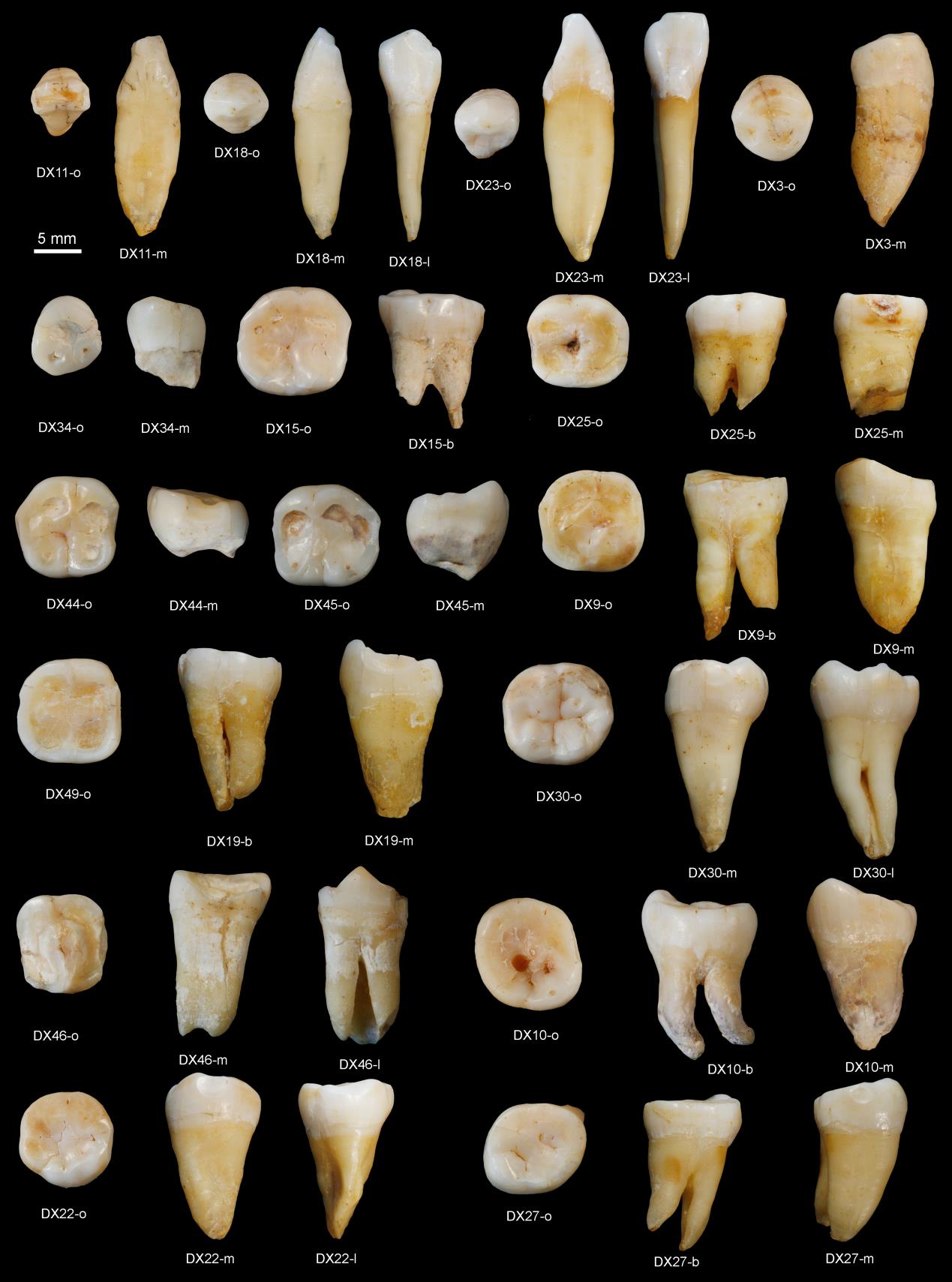China fossil teeth discovery reveals humans lived in Asia 80,000 years ago
Finding raises the question of why humans did not enter Europe until only about 40,000 to 45,000 years ago

Your support helps us to tell the story
From reproductive rights to climate change to Big Tech, The Independent is on the ground when the story is developing. Whether it's investigating the financials of Elon Musk's pro-Trump PAC or producing our latest documentary, 'The A Word', which shines a light on the American women fighting for reproductive rights, we know how important it is to parse out the facts from the messaging.
At such a critical moment in US history, we need reporters on the ground. Your donation allows us to keep sending journalists to speak to both sides of the story.
The Independent is trusted by Americans across the entire political spectrum. And unlike many other quality news outlets, we choose not to lock Americans out of our reporting and analysis with paywalls. We believe quality journalism should be available to everyone, paid for by those who can afford it.
Your support makes all the difference.Dozens of fossil human teeth from a cave in China have revealed people lived in southern Asia more than 80,000 years ago - 20,000 years earlier than previously thought.
Before this, the earliest well-dated fossils firmly linked to our species in southern Asia were only around 45,000 years old.
Our species, Homo sapiens, is thought to have appeared in Africa around 200,000 years ago and later spread to other continents. The details of that dispersal are still murky. The discovery in China's Hunan province argues against a theory that the first wave reached southern Asia only about 60,000 years ago.
The finding may mean that people arrived in multiple waves, said Maria Martinon-Torres of University College London, a study author.
She and authors from China and elsewhere reported the discovery of 47 teeth in the journal Nature on Wednesday. They could not date the teeth directly, but analysis of nearby mineral samples and animal fossils indicated the teeth are somewhere between 80,000 and 120,000 years old.
The finding raises the question of why our species did not enter Europe until only about 40,000 to 45,000 years ago. Maybe Neanderthals crowded them out, basically out-competing them as hunter-gatherers until their populations started to fade, the researchers suggest.

In a journal commentary, Robin Dennell of the University of Exeter in England suggests that cold winters might be a better explanation.
Eric Delson of Lehman College in New York, who was not part of the research, called the discovery potentially exciting. But given the implications, he said, the researchers must present a more detailed documentation of the geological setting of the find, which is crucial for the age estimate.
Shara Bailey, an expert on the evolution of human teeth at New York University who also didn't participate in the research, said some teeth appear to have cavities, which is unusual for humans living so long ago. Cavities aren't common until the appearance of agriculture changed the human diet about 10,000 years ago, she said.
Associated Press
Join our commenting forum
Join thought-provoking conversations, follow other Independent readers and see their replies
Comments